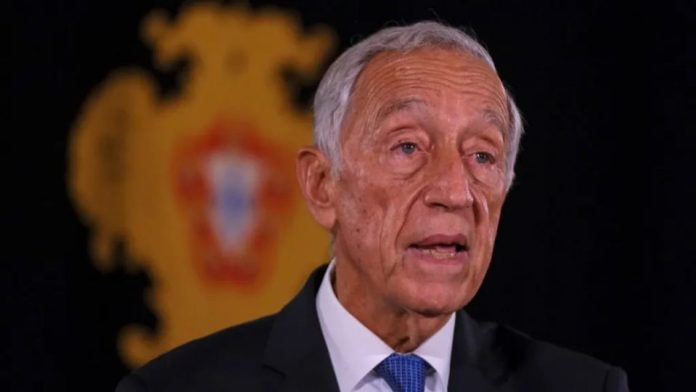Portugal has announced plans to increase its Liquefied Natural Gas (LNG) imports from Nigeria and the United States as part of efforts to further reduce its reliance on Russian gas supplies. This move aligns with broader European energy diversification efforts following sanctions imposed on Russian oil and gas imports via pipelines after the Ukraine invasion.
Portuguese Environment Minister Maria da Graca Carvalho, speaking at the World Economic Forum in Davos, highlighted the country’s intention to deepen energy security by boosting imports from its major LNG suppliers.
• Portugal currently imports around 96% of its natural gas as LNG, according to REN (Portugal’s electricity and gas grid operator).
• Nigeria supplies 51% of Portugal’s LNG imports, with the United States accounting for 40%, and Russia contributing just 4.4% in 2024—down from 15% in 2021.
• Minister Carvalho emphasized, “Portugal is now practically independent of Russian gas… but we want to reduce this figure further by importing more gas from Nigeria and the United States.”
This pivot underscores Portugal’s commitment to ensuring energy security amid global geopolitical tensions and the EU’s targeted sanctions on Russia.
While Portugal’s increased gas imports from Nigeria could bring a boost to Nigeria’s LNG sector, US President Donald Trump’s energy policies may pose significant risks to Nigeria’s fiscal sustainability.
• President Trump has adopted a “Drill, baby, drill” policy, aggressively pushing for a surge in US oil and gas production to assert its dominance as a global energy exporter.
• Trump has also threatened tariffs on the European Union if countries do not increase their purchases of US energy.
This escalation of US energy exports could lead to lower global oil prices, creating challenges for oil-dependent economies like Nigeria.
A report by SB Morgen Intelligence, titled “The Ripple Effect: How Trump’s Policies Will Impact Africa,” outlines the potential consequences of the global oil glut for Nigeria:
1. Oil Revenue Risks:
• Nigeria’s 2025 budget assumes an oil price target of $75 per barrel, but Trump’s policies could drive prices lower, jeopardizing revenue targets.
• With 90% of Nigeria’s revenue dependent on oil, any price drop could severely undercut financial stability.
2. Spending Cuts and Debt Challenges:
• A fall in oil prices could force Nigeria to borrow more to fill budget gaps, exacerbating its already precarious debt situation.
• Nigeria’s debt is projected to hit N187 trillion in 2025, and rising borrowing costs will further strain public finances.
3. Social and Economic Impacts:
• Lower oil revenues could lead to delayed infrastructure projects, cuts in social programs, and challenges in paying public sector wages.
• This may deepen regional inequalities, disproportionately impacting poorer states reliant on federal allocations.
European Energy Independence and Global Implications
Portugal’s plans to boost LNG imports from Nigeria and the US highlight the broader European Union push for energy independence:
• The EU’s sanctions on Russian oil and gas pipelines have intensified efforts to diversify energy sources.
• However, the lack of robust energy interconnections within Europe—particularly between Iberia (Portugal and Spain) and France—remains a challenge.
Minister Carvalho described Iberia as an “energy island,” with limited infrastructure to integrate with the broader EU energy market. Greater cooperation within the EU will be critical to achieving energy security and reducing dependency on Russia.
Portugal’s pivot toward Nigeria and the US as primary LNG suppliers is a significant step toward achieving energy independence. While this presents an opportunity for Nigeria’s gas sector, the country faces broader risks from the potential global oil price declines driven by US energy policies under President Trump.
As global energy dynamics evolve, Nigeria must navigate these challenges by diversifying its economy, managing debt responsibly, and ensuring fiscal stability in a volatile market.

